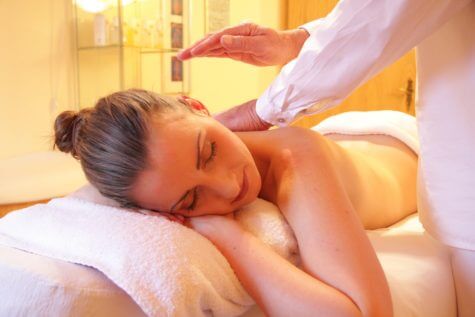CHICAGO — Waiting to take part in a fun activity or chow down on your favorite snack because you think you’ll appreciate it more at another time actually makes little difference at all in how much you’ll enjoy it in the end, a new study finds.
Researchers at the University of Chicago conducted a variety of surveys and experiments to determine whether the enjoyment of a highly-desired experience was predicated upon when the experience occurred.

“Our research suggests that people may over-worry about waiting for a ‘right time’ to enjoy themselves, continually postponing fun rather than having it,” says Ed O’Brien, of the University of Chicago Booth School of Business, in a press release by the American Association for Psychological Science.
The first component of their study was a survey that asked various participants — many of whom were students — whether they believed positive experiences would be better if they came after a less pleasurable event.
The general answer was yes, which aligned with the researchers’ hypothesis for how people mistakenly perceived the placement of activities.
To further test their hypothesis, the researchers conducted two additional experiments.
One experiment involved 181 museumgoers, many of whom were assigned both a fun and arduous task.
Although many visitors expected to enjoy the fun task following the arduous one, in practice, there was little evidence that the visitors enjoyed one task more than the other due to its placement.
A second experiment recruited 259 students in the midst of midterms, some of whom enjoyed a spa treatment, while others were simply instructed to imagine the experience. While many students believed they’d enjoy the relaxing experience more after their tests had concluded, there was no discernable difference in enjoyment between the two groups studied. Thus, the researchers concluded that relaxing and rewarding yourself is not only important, but it doesn’t matter when it happens.
“Engaging in leisure comes with a host of benefits that people may miss out on. In many cases, we might be laboring towards an ultimate payoff that we could have enjoyed just as much at the start,” says O’Brien and co-author Ellen Roney.
Ultimately, one cause of this phenomenon is that we are poor predictors of how we will feel in the future, the researchers argue.
“We find that people intuitively care a lot about saving leisure until work is finished, but it turns out that this doesn’t always do much for us,” says O’Brien. “It’s easy to forget that fun activities are, after all, fun activities. Getting a massage will likely feel good regardless of what else is going on.”
The study’s findings were published in the journal Psychological Science.

Comments
Comments are closed.